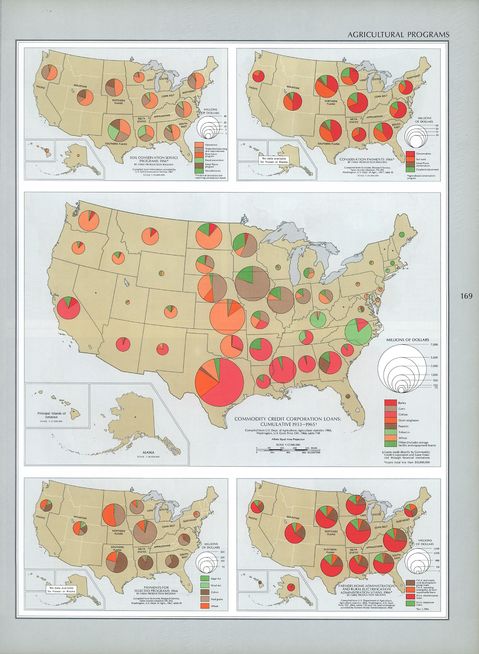Elites engage in commerce by proxy ....
Perhaps one should give thought to doing the same?
Physiocracy
Perhaps one should give thought to doing the same?
Physiocracy
Precursors
Physiocracy is an agrarianist philosophy which may trace its origins to various sources. During the latter period of the Roman Republic, the dominant senatorial class was not allowed to engage in banking or commerce but relied on their latifundia, large plantations, for income. They circumvented this rule through freedmen proxies who sold surplus agricultural goods.
After the decline of the Roman Empire, de-urbanization led to commerce and trade ceasing to exist throughout most of western Europe. Economies became centered around agricultural manors where warrior-landlords, the Medieval nobility, collected rent from their serfs in the form of their produce. This was the dominant economic system until trade began to return in the Late Middle Ages leading to the rise of the merchant class.
Physiocracy is an agrarianist philosophy which may trace its origins to various sources. During the latter period of the Roman Republic, the dominant senatorial class was not allowed to engage in banking or commerce but relied on their latifundia, large plantations, for income. They circumvented this rule through freedmen proxies who sold surplus agricultural goods.
After the decline of the Roman Empire, de-urbanization led to commerce and trade ceasing to exist throughout most of western Europe. Economies became centered around agricultural manors where warrior-landlords, the Medieval nobility, collected rent from their serfs in the form of their produce. This was the dominant economic system until trade began to return in the Late Middle Ages leading to the rise of the merchant class.


 .
.
Comment